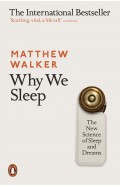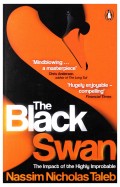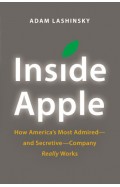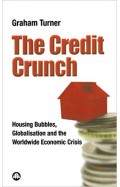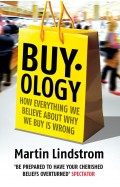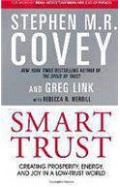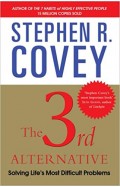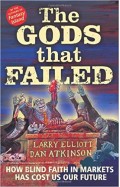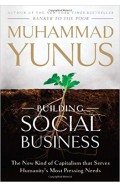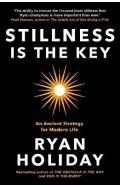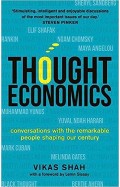- Home
- The Attention Merchants: From the Daily Newspaper to Social Media, How Our Time and Attention Is Harvested and Sold
The Attention Merchants: From the Daily Newspaper to Social Media, How Our Time and Attention Is Harvested and Sold
By: Tim Wu
-
Rs 1,440.75
- Rs 1,695.00
- 15%
You save Rs 254.25.
Due to constant currency fluctuation, prices are subject to change with or without notice.
Attention merchant: an industrial-scale harvester of human attention. A firm whose business model is the mass capture of attention for resale to advertisers. In nearly every moment of our waking lives, we face a barrage of advertising enticements, branding efforts, sponsored social media, commercials and other efforts to harvest our attention. Over the last century, few times or spaces have remained uncultivated by the 'attention merchants', contributing to the distracted, unfocused tenor of our times. Tim Wu argues that this is not simply the byproduct of recent inventions but the end result of more than a century's growth and expansion in the industries that feed on human attention. From the pre-Madison Avenue birth of advertising to TV's golden age to our present age of radically individualized choices, the business model of 'attention merchants' has always been the same. He describes the revolts that have risen against these relentless attempts to influence our consumption, from the remote control to FDA regulations to Apple's ad-blocking OS. But he makes clear that attention merchants grow ever-new heads, and their means of harvesting our attention have given rise to the defining industries of our time, changing our nature - cognitive, social, and otherwise - in ways unimaginable even a generation ago.
Attention merchant: an industrial-scale harvester of human attention. A firm whose business model is the mass capture of attention for resale to advertisers. In nearly every moment of our waking lives, we face a barrage of advertising enticements, branding efforts, sponsored social media, commercials and other efforts to harvest our attention. Over the last century, few times or spaces have remained uncultivated by the 'attention merchants', contributing to the distracted, unfocused tenor of our times. Tim Wu argues that this is not simply the byproduct of recent inventions but the end result of more than a century's growth and expansion in the industries that feed on human attention. From the pre-Madison Avenue birth of advertising to TV's golden age to our present age of radically individualized choices, the business model of 'attention merchants' has always been the same. He describes the revolts that have risen against these relentless attempts to influence our consumption, from the remote control to FDA regulations to Apple's ad-blocking OS. But he makes clear that attention merchants grow ever-new heads, and their means of harvesting our attention have given rise to the defining industries of our time, changing our nature - cognitive, social, and otherwise - in ways unimaginable even a generation ago.
The Attention Merchants: From the Daily Newspaper to Social Media, How Our Time and Attention Is Harvested and Sold
By: Tim Wu
Rs 1,440.75 Rs 1,695.00 Ex Tax :Rs 1,440.75
The Curse of Bigness - How Corporate Giants Came to Rule the World
By: Tim Wu
Rs 1,610.75 Rs 1,895.00 Ex Tax :Rs 1,610.75
Zubin Mehta: A Musical Journey (An Authorized Biography)
By: VOID - Bakhtiar K. Dadabhoy
Rs 892.50 Rs 1,050.00 Ex Tax :Rs 892.50
The Wimpy Kid Movie Diary: How Greg Heffley Went Hollywood
By: Jeff Kinney
Rs 2,515.50 Rs 2,795.00 Ex Tax :Rs 2,515.50
Why We Sleep: The New Science of Sleep and Dreams
By: Matthew Walker
Rs 2,515.50 Rs 2,795.00 Ex Tax :Rs 2,515.50
The Black Swan The Impact Of The Highly Improbable
By: Nassim Nicholas Taleb
Rs 2,965.50 Rs 3,295.00 Ex Tax :Rs 2,965.50
Inside Apple How Americas Mo Admired And Secretive Company Really Works
By: Adam Lashinsky
Rs 1,147.50 Rs 1,350.00 Ex Tax :Rs 1,147.50
Buyology How Everything We Believe About Why We Buy Is Wrong
By: Martin Lindstrom
Rs 2,695.50 Rs 2,995.00 Ex Tax :Rs 2,695.50
The 3rd Alternative Solving Life s Most Difficult Problems
By: Stephen Covey
Rs 675.75 Rs 795.00 Ex Tax :Rs 675.75
Building Social Business The New Kind Of Capitalism That Serves Humanitys Most Pressing Needs
By: Muhammad Yunus
Rs 400.00 Ex Tax :Rs 400.00
The Wimpy Kid Movie Diary: How Greg Heffley Went Hollywood
By: Jeff Kinney
Rs 2,515.50 Rs 2,795.00 Ex Tax :Rs 2,515.50
Why We Sleep: The New Science of Sleep and Dreams
By: Matthew Walker
Rs 2,515.50 Rs 2,795.00 Ex Tax :Rs 2,515.50
Crib Notes - A Random Reference for the Modern Parent
By: Amy Maniatis
Rs 640.00 Rs 1,600.00 Ex Tax :Rs 640.00
Stillness is the Key - An Ancient Strategy for Modern Life
By: Ryan Holiday
Rs 2,965.50 Rs 3,295.00 Ex Tax :Rs 2,965.50
Harry Potter Watercolour Wizardry
By: Tugce (Ozdemir) Audoir
Rs 2,695.50 Rs 2,995.00 Ex Tax :Rs 2,695.50
Michael Rosens Sticky McStickstick: The Friend Who Helped Me Walk Again
By: Michael Rosen
Rs 1,185.75 Rs 1,395.00 Ex Tax :Rs 1,185.75
Thought Economics - Conversations with the Remarkable Influencers Shaping Our Century
By: Vikas Shah
Rs 2,120.75 Rs 2,495.00 Ex Tax :Rs 2,120.75
Yayoi Kusama: I Spend Each Day Embracing Flowers
By: Yayoi Kusama
Rs 16,195.50 Rs 17,995.00 Ex Tax :Rs 16,195.50
Zubin Mehta: A Musical Journey (An Authorized Biography)
By: VOID - Bakhtiar K. Dadabhoy
Rs 892.50 Rs 1,050.00 Ex Tax :Rs 892.50
The Attention Merchants: From the Daily Newspaper to Social Media, How Our Time and Attention Is Harvested and Sold
By: Tim Wu
Rs 1,440.75 Rs 1,695.00 Ex Tax :Rs 1,440.75
The Curse of Bigness - How Corporate Giants Came to Rule the World
By: Tim Wu
Rs 1,610.75 Rs 1,895.00 Ex Tax :Rs 1,610.75
The Wimpy Kid Movie Diary: How Greg Heffley Went Hollywood
By: Jeff Kinney
Rs 2,515.50 Rs 2,795.00 Ex Tax :Rs 2,515.50
Why We Sleep: The New Science of Sleep and Dreams
By: Matthew Walker
Rs 2,515.50 Rs 2,795.00 Ex Tax :Rs 2,515.50












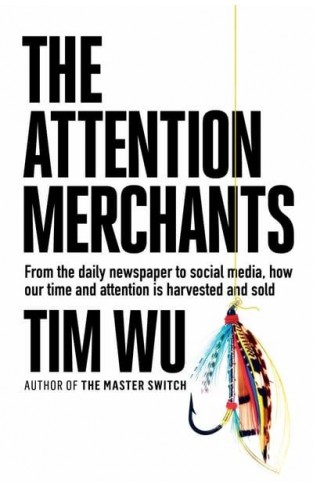

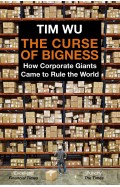
-120x187.jpg?q6)







